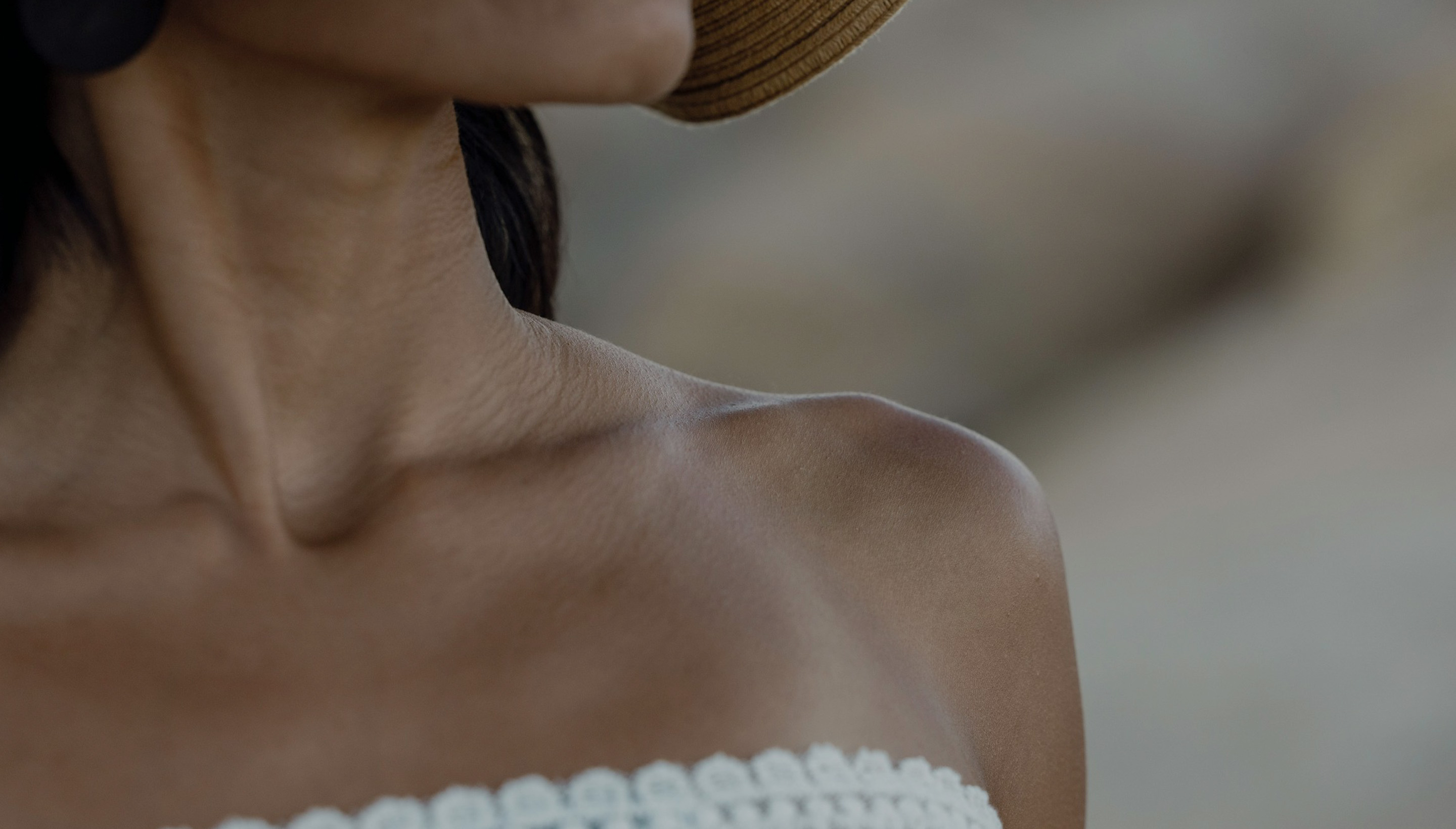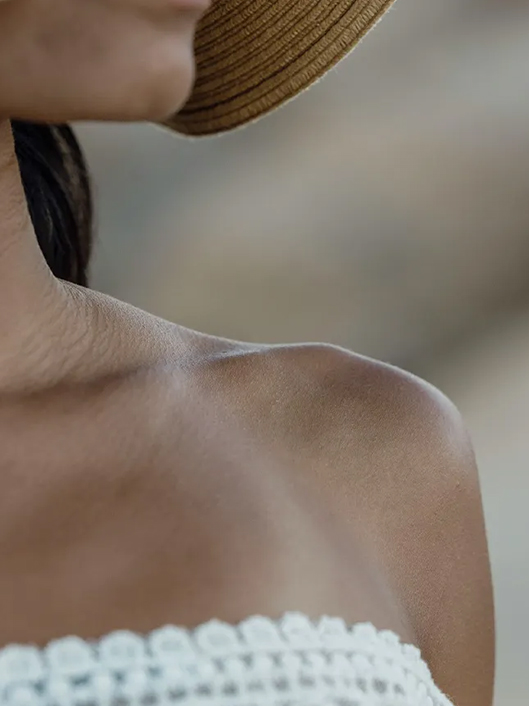Every year, New Zealand sees many newly diagnosed cancer cases; around 80 percent of them are skin cancers. New Zealand currently has one of the highest rates of diagnosed skin cancers in the world.
When you identify skin cancer early, you have a better chance of avoiding serious malignancies, surgery, possible disfigurement, and even death. It is, therefore, vital for you to monthly self-check for any signs of skin cancer.
MoleMap recommends having your skin checked by MoleMap melanographer, dermatologist, or your doctor each year and conducting a self check every three months in between annual appointments. Here’s how:
Follow these 5 main steps to self-examine your skin.
1. Recognise the types of skin cancer.
2. Know your ABCDEF and G’s.
3. Perform a monthly skin self-check.
4. Note anything that is concerning or changing.
5. Show your doctor or MoleMap melanographer if you have spots or moles of concern.
Here are each of these steps in detail.




